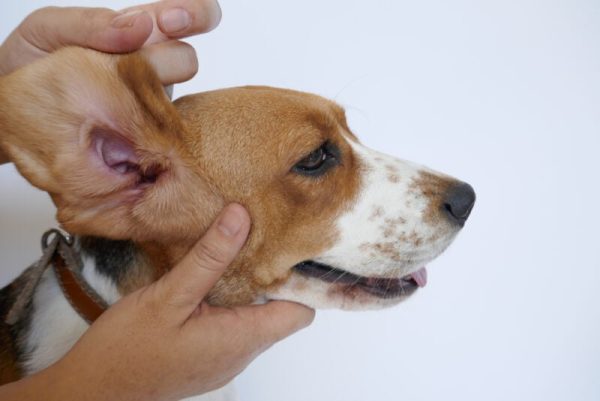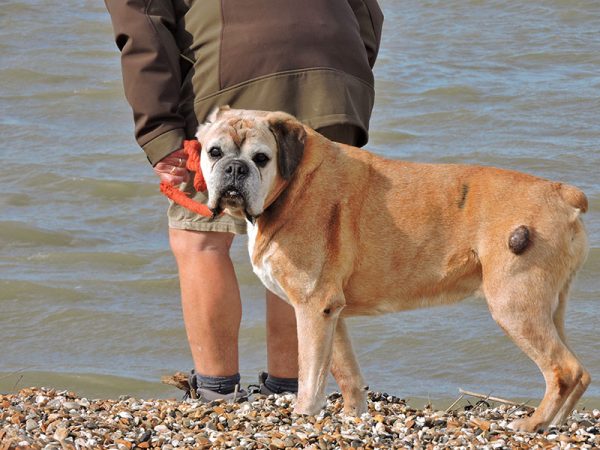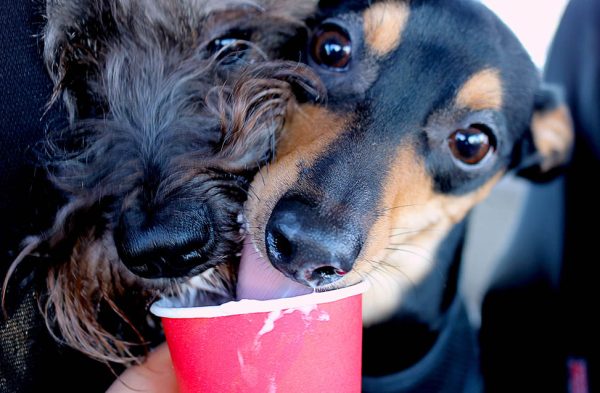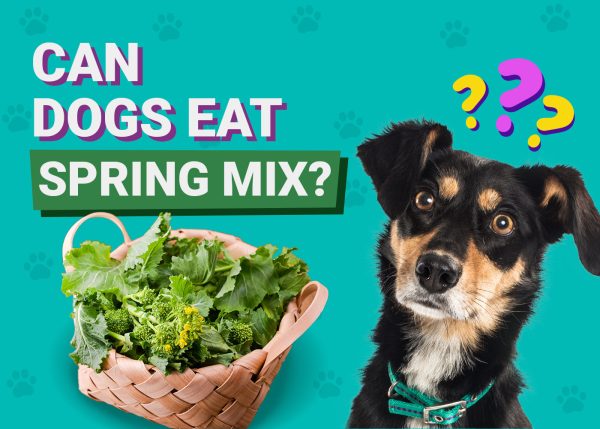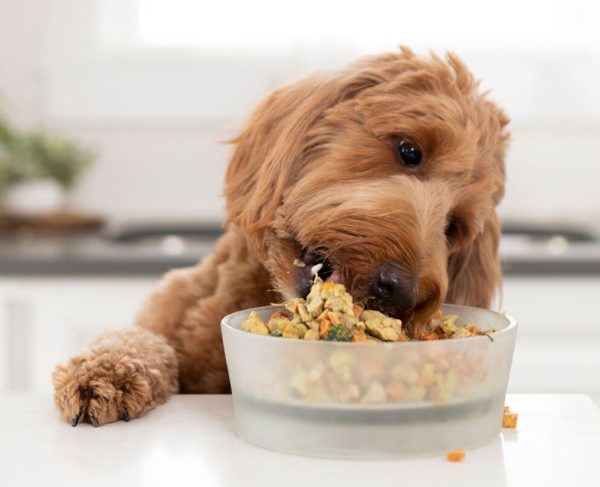Most types of nuts are safe for dogs to eat. However, it’s not recommended to make them a regular part of your dog’s diet because the health risks usually outweigh the benefits. Brazil nuts are no exception, and it’s best to refrain from feeding them to your dog. While Brazil nuts aren’t toxic to dogs, they’re high in calories and fats, and they can be a choking hazard.
If your dog eats a Brazil nut, you usually don’t have to worry. However, make sure to be proactive in preventing your dog from developing a taste for Brazil nuts. We’ll go over why it’s a good idea to keep your dog away from Brazil nuts.

Why Shouldn’t Dogs Eat Brazil Nuts?
When eaten in moderation, Brazil nuts may offer some health benefits. Research shows that they’re a good source of selenium, protein, fiber, magnesium, and other vitamins and minerals.1 However, any nutritional benefits of feeding Brazil nuts to your dog are outweighed by the potential risks.
Brazil nuts are a high-fat and high-calorie food. The fat content can cause stomach upsets with vomiting and diarrhea. Giving your dog too many Brazil nuts regularly will lead to excessive weight gain, increasing their risk of obesity and associated health issues like joint disease, heart disease and diabetes. Fatty foods can also cause complications in certain health issues. For example, dogs prone to pancreatitis are encouraged to eat low-fat diets because fatty foods can lead to flare ups of the condition.
Another risk that Brazil nuts pose is choking. Brazil nuts are larger and tougher than many other types of nuts. Some dogs may not be able to chew them thoroughly and could accidentally swallow them whole instead. This can put them at a higher risk of choking, especially with smaller dogs, or they may even get lodged in their intestines and cause serious intestinal blockages.
Brazil nuts are also often seasoned with salt or other seasonings that are not ideal for your dog. Nuts can also be contaminated with molds, particularly if stored incorrectly. The mold Aspergillus flavus produces alfatoxins which can cause serious illness and liver damage in dogs.
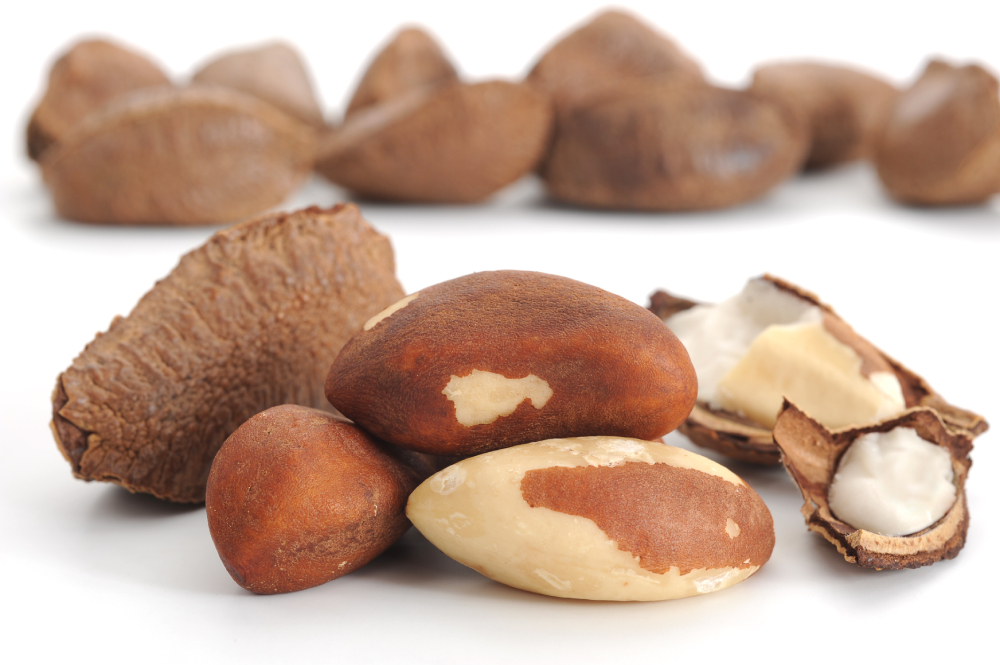

What to Do if Your Dog Eats Brazil Nuts
In most cases, you won’t have to worry if your dog sneaks a bite of a Brazil nut. Just be on the lookout for choking or difficulty swallowing. Some dogs with sensitive stomachs may get an upset stomach and experience vomiting or diarrhea.
If your dog is on a restrictive diet or has a chronic health issue, it’s better to be safe than sorry and contact your veterinarian to let them know they ate a Brazil nut. Your veterinarian can let you know if any follow-up care is necessary.
Did you know you can speak to a veterinarian without having to travel? Just head over to PangoVet. It's our online service where you can talk to a vet online and get the advice you need for your pet — all at an affordable price!


Choking from Brazil Nuts
Make sure to look for signs of choking and esophageal obstruction if your dog has swallowed a Brazil nut. Concerning signs include gulping and attempting to swallow repeatedly. They can start gagging, retching, coughing, or attempting to vomit. They may also paw at their mouth, pace restlessly, or start to drool. If you are concerned your dog has a nut stuck in their throat or esophagus it is important to act quickly, they must be seen by a veterinarian immediately. Contact an emergency animal hospital and start heading over right away.
Brazil nuts can sometimes pass further down the digestive tract and get lodged in the intestines causing a blockage. Signs of an intestinal obstruction include persistent vomiting, abdominal pain and loss of appetite. If your dog is showing any of these signs they require veterinary attention as soon as possible.
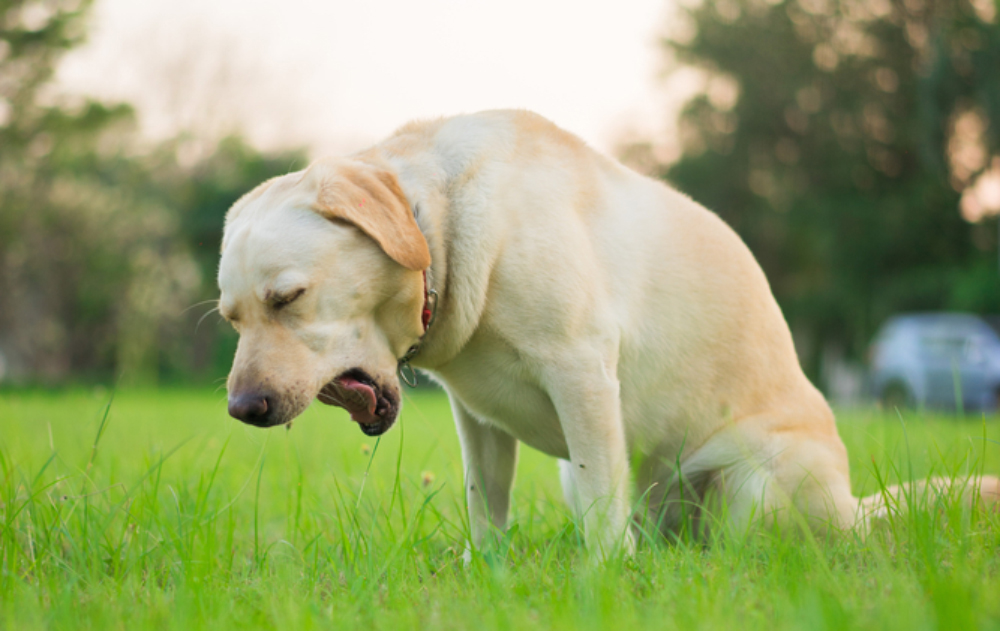

Conclusion
Brazil nuts aren’t toxic to dogs, but they’re not exactly good for them either. Brazil nuts are a choking hazard, and eating too many can lead to health complications. So, save the Brazil nuts for human consumption, and encourage your dog to eat other treats. It’s highly likely your dog will much prefer eating dog-safe peanut butter, lean chicken treats, or other foods and treats specifically designed for dogs.
Featured Image Credit: Amarita, Shutterstock


